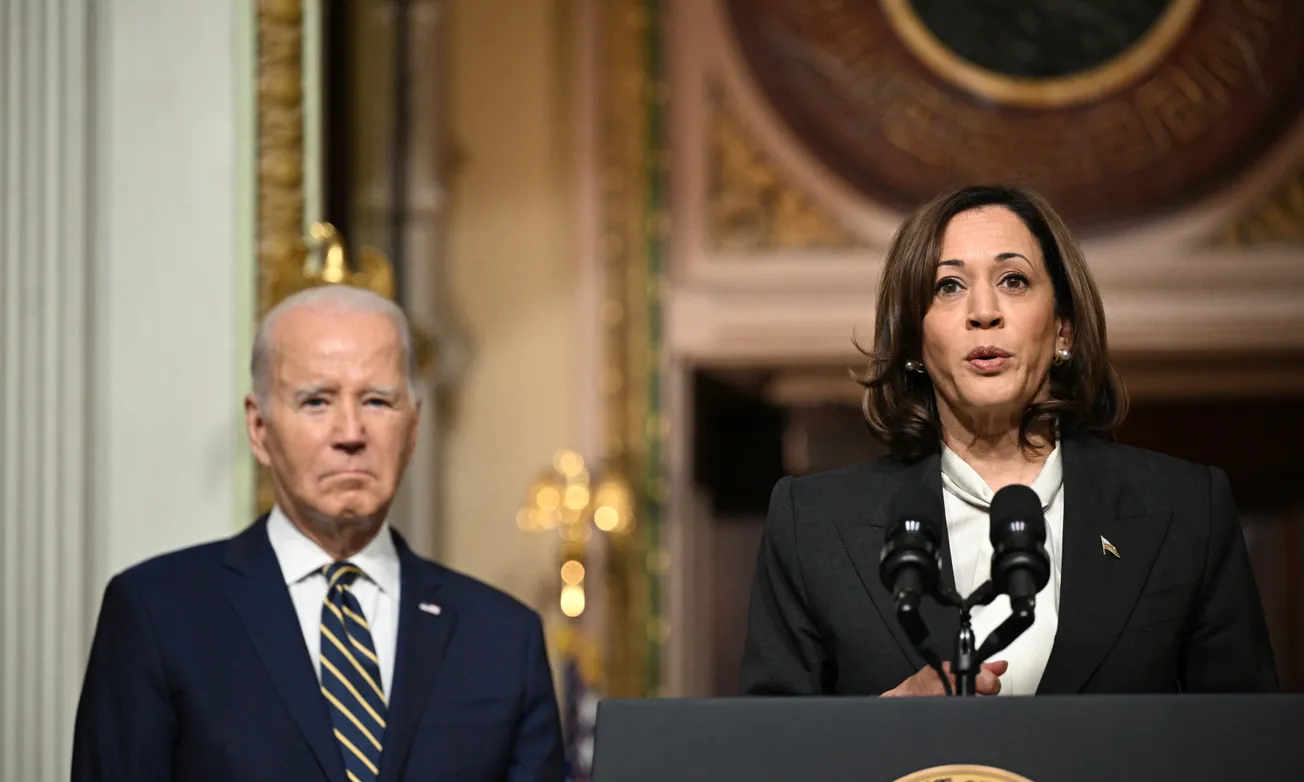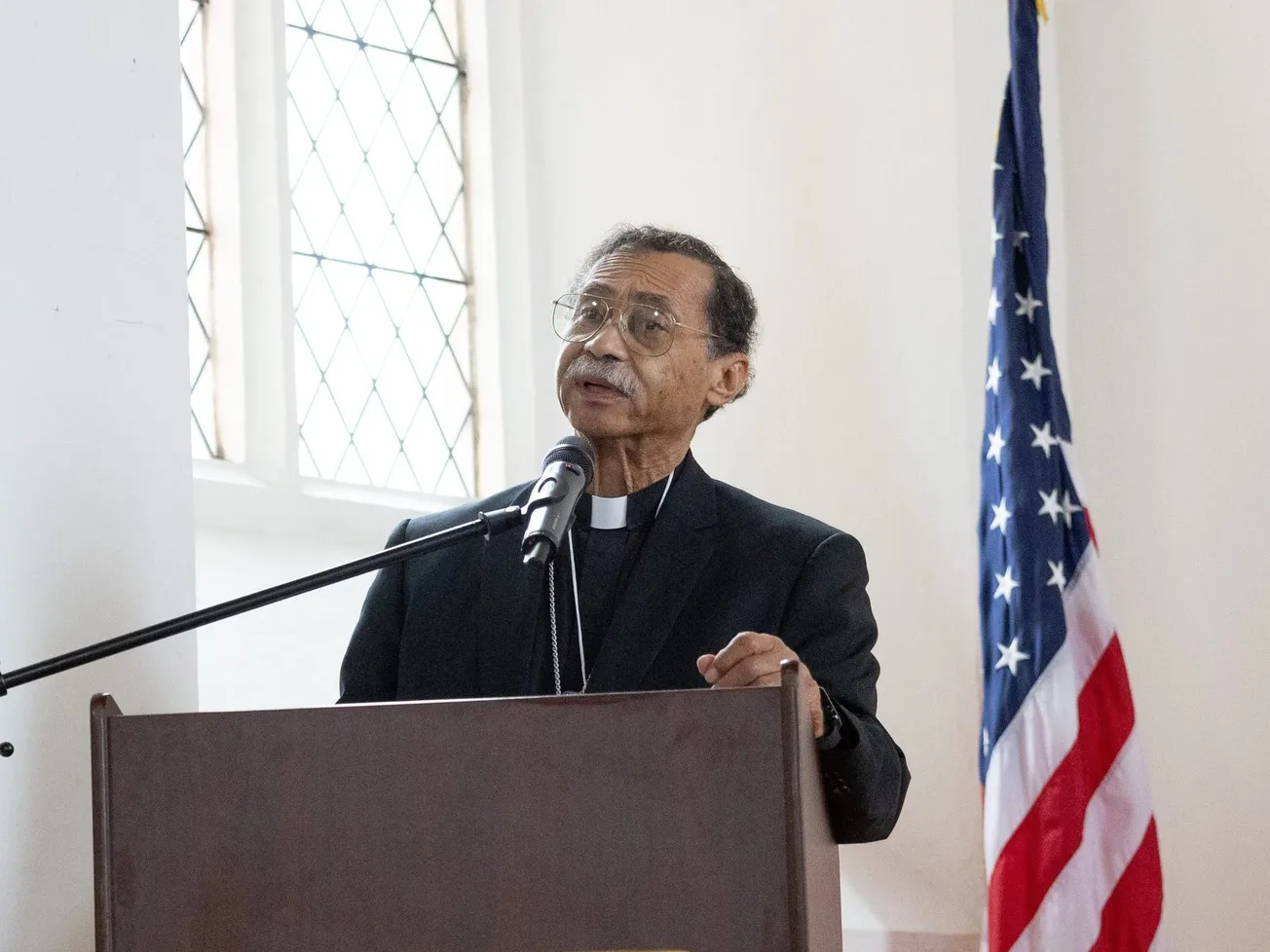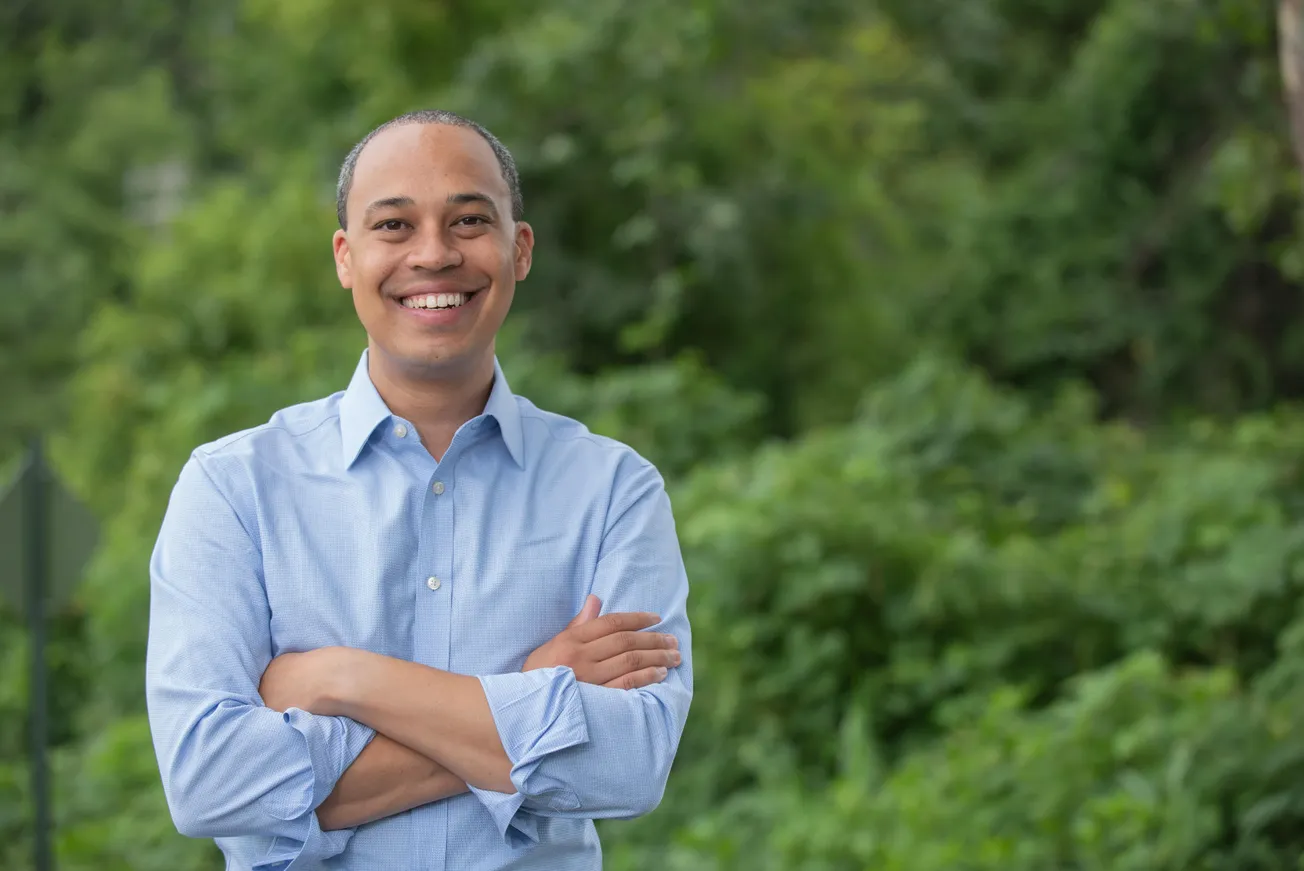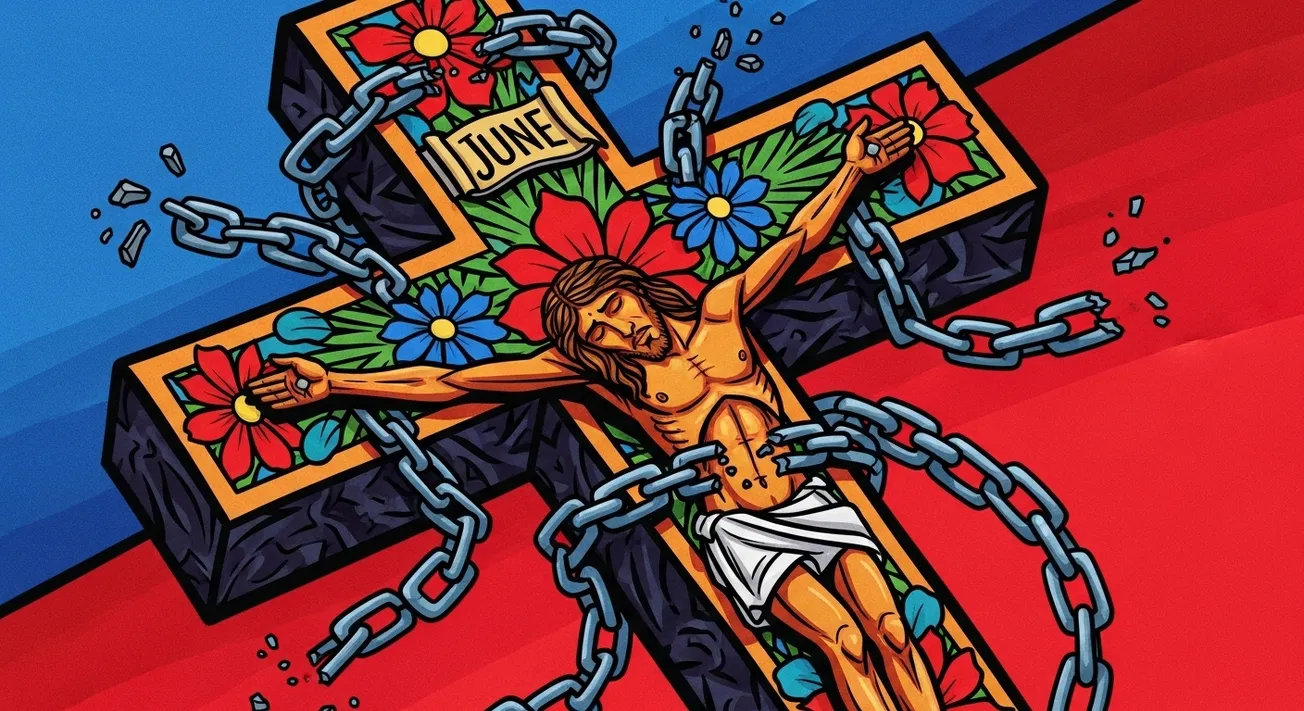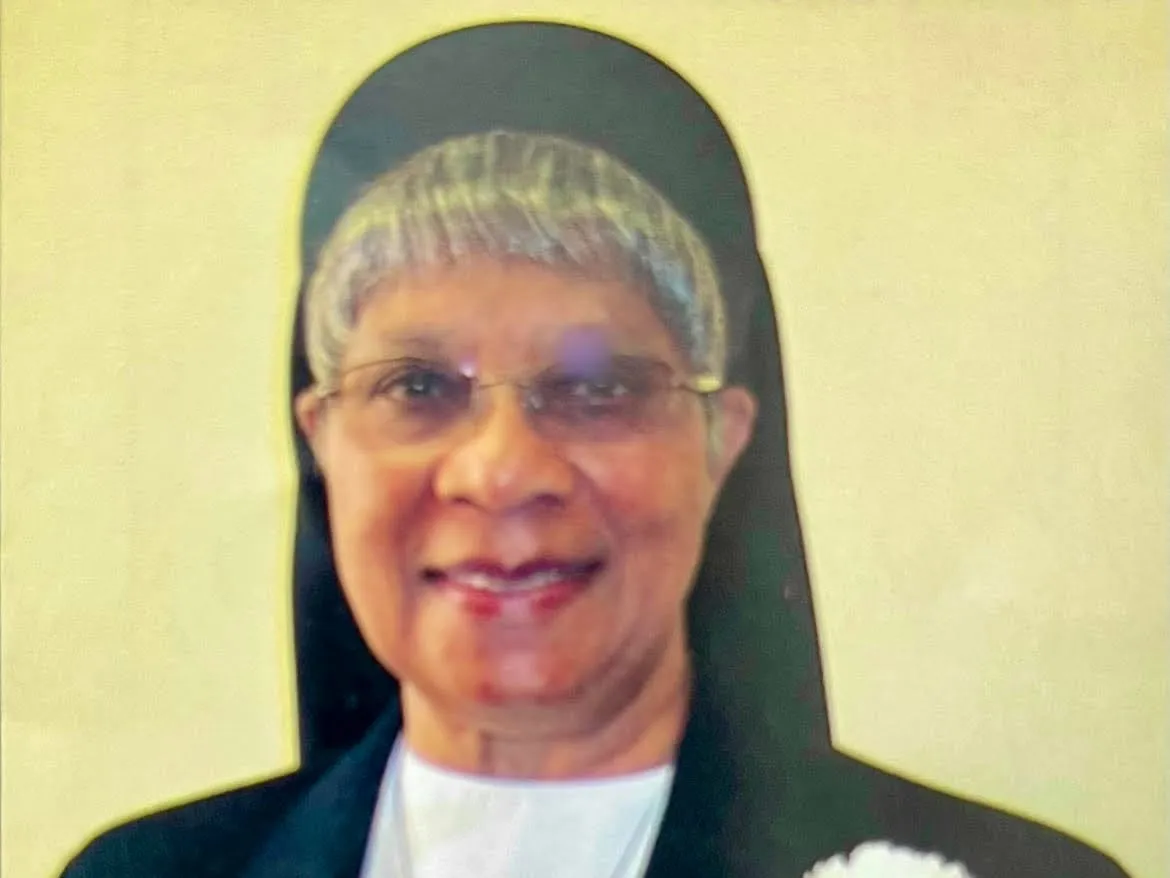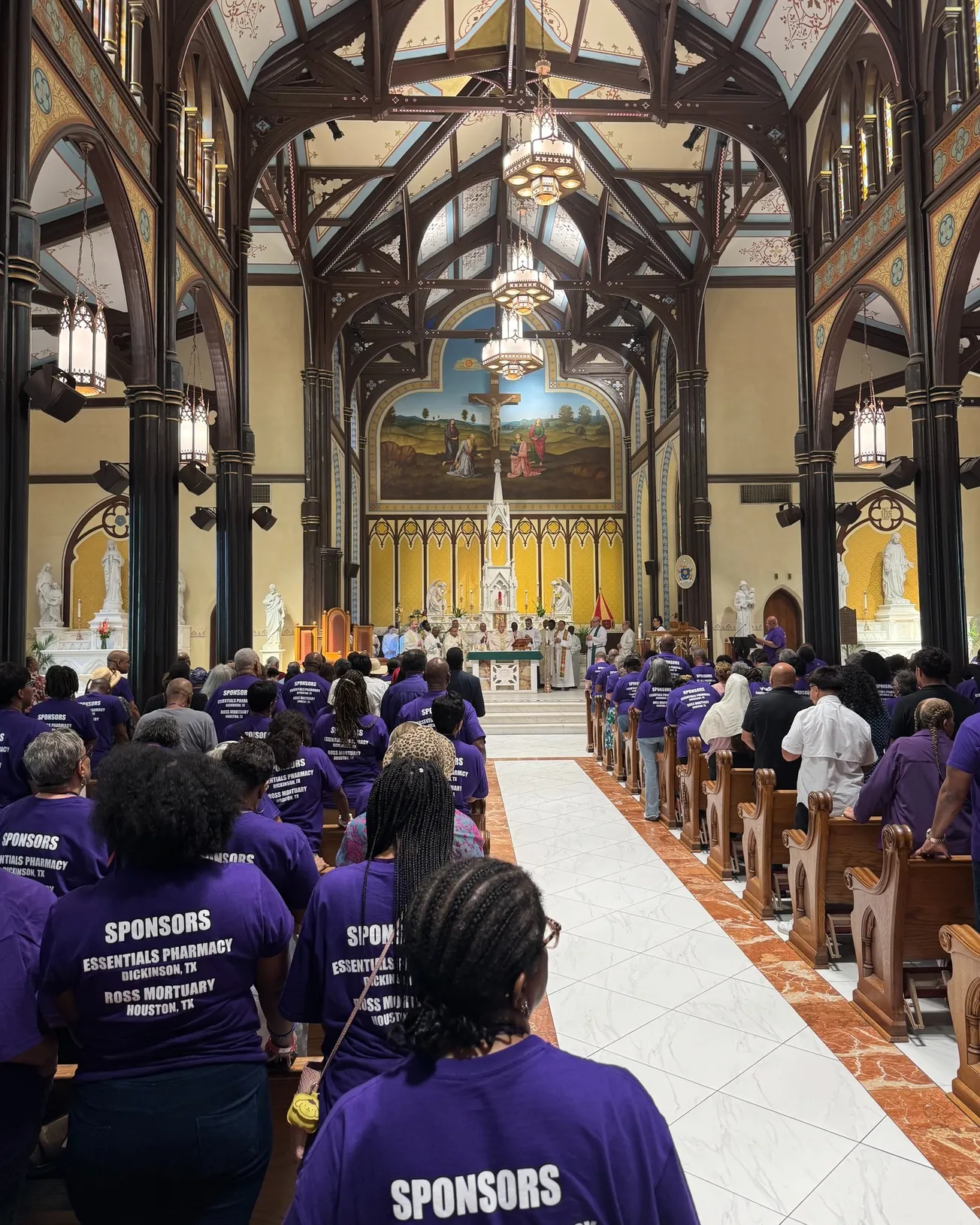President Joe Biden has dropped out of the 2024 presidential race, capping off a whirlwind week-plus of upheaval in Washington with a decision that will likely roil the country for months yet to come.
The move came Sunday, just over three weeks after a disastrous national debate performance against former President Donald Trump, a televised affair that saw the 81-year-old Democrat incumbent struggling with his words and appearing to be in mental decline.
In a statement released on social media, Biden did not give a reason for his withdrawal from the 2024 ticket but said he will address the nation “later this week.”
“While it has been my intention to seek reelection, I believe it is in the best interest of my party and the country for me to stand down and to focus solely on fulfilling my duties as President for the remainder of my term.”
— Joe Biden (@JoeBiden) July 21, 2024
Biden’s turn from a hardline stance on staying in the race has come as a shock to many, the timing was substantially rumored in the media as early as last week. On July 18, unnamed top Democrats relayed to Axios that pressure from “congressional leaders and close friends” was nearing a tipping point that could result in a Biden exit by the weekend.
The predictions came true almost exactly a month before the Democratic National Convention, set to begin on Aug. 19 in Chicago under a cloud of uncertainty. Though Biden has put forth Vice President Kamala Harris as his chosen pick for the top of the ticket, the matter is far from a done deal ahead of official delegate counts.
Harris, a former U.S. Senator for California, will face an uphill battle in the fight to become the nation’s second Black president and the first woman—though she has received the endorsement of the most recent woman on a Democrat ticket, Hillary Clinton, and her husband, former President Bill.
Harris kept things simple in her first statement after being put forth as the top pick for her party's nomination just four months before the election.
“On behalf of the American people, I thank Joe Biden for his extraordinary leadership as President of the United States and for his decades of service to our country,” Harris said.
“I am honored to have the President’s endorsement and my intention is to earn and win this nomination.”
On behalf of the American people, I thank Joe Biden for his extraordinary leadership as President of the United States and for his decades of service to our country.
— Kamala Harris (@KamalaHarris) July 21, 2024
I am honored to have the President’s endorsement and my intention is to earn and win this nomination.
Former President Barack Obama, who with House Speaker Emerita Nancy Pelosi was involved in the efforts to have Biden step aside, did not endorse Harris in his first statement following her ascension as the presumptive nominee.
“President Biden pointed us away from the four years of chaos, falsehood, and division that had characterized Donald Trump’s administration,” Obama wrote.
“Joe understands better than anyone the stakes in this election—how everything he has fought for throughout his life, and everything that the Democratic Party stands for, will be at risk if we allow Donald Trump back in the White House and give Republicans control of Congress.”
Trump himself, fresh off of surviving an assassination attempt, has responded to news of the Biden decision with derision, calling him not only unfit to run but “not fit to serve,” in a message posted to his social media platform Truth Social.
“All those around him, including his Doctor and the Media, knew that he wasn't capable of being President, and he wasn't.”
Trump also told CNN on Sunday that Harris will be “easier to beat than Joe Biden”—a claim that may not yet be born out by the facts.
As of Monday morning, more than 500 Democratic delegates have endorsed Harris’ candidacy, a quarter of the roughly 2,000 needed to secure the nomination. The party also raised a significant $60M+ haul toward their war chest on Sunday, possibly the highest total ever for a single day.
With the rise in donations came a flood of support on Capitol Hill, including from the Congressional Black Caucus and both of the Black Catholics in the House, Reps. Adriano Espaillat of New York and Gabe Amo of Rhode Island.
“I look forward to talking with my colleagues about the path forward and the best process to make sure that Vice President Kamala Harris is elected our next President,” said Amo, a former Biden White House staffer until 2023, “but today, let's celebrate all the work that we've done—and the fierce urgency to continue that work.”
I will always be proud to have worked in @POTUS Joe Biden’s White House.
— Gabe Amo (@gabeamo) July 21, 2024
I look forward to making sure that Vice President @KamalaHarris is elected our next President, but today, let’s celebrate all the work that we’ve done — and the fierce urgency to continue that work. pic.twitter.com/TMBXFJY4c6
On the religious side, opinions are mixed on how Harris will relate to Catholic voters, many of whom skew conservative and have painted her as being antagonistic toward the religion. Others say her record as California attorney general shows she is not always easy to predict.
Though a Baptist by creed, she visited at least one historic Black Catholic parish—St. Augustine Church in Washington—during her time in college, and its gospel choir has since performed for several events during her time in the second Catholic White House under Biden.
The list of Harris’ possible running mates as the vice presidential hopeful includes a few Catholics among a who’s-who of ascendant names, including Govs. Josh Shapiro of Pennsylvania, Gretchen Whitmer of Michigan, Andy Beshear of Kentucky, and Gavin Newsom of California. Among a larger slate, two are Biden’s coreligionists: Newsom and Sen. Mark Kelly of Arizona, the husband of former Rep. Gabby Giffords.
Though many have touted Newsom as the strongest option, the Constitution states that a presidential ticket with two candidates from the same state cannot receive the electoral votes from that state in the general election. Thus, barring a change in residence for Newsom, Harris will likely look elsewhere.
Nate Tinner-Williams is co-founder and editor of Black Catholic Messenger.


